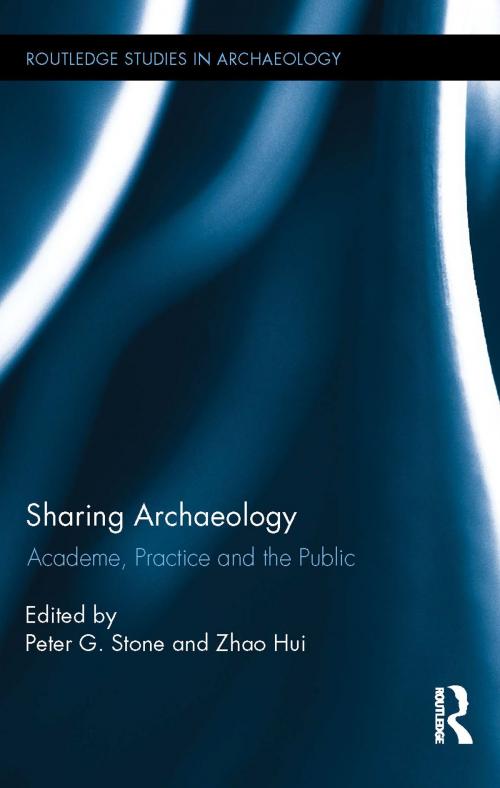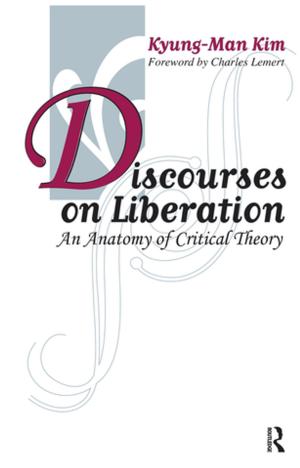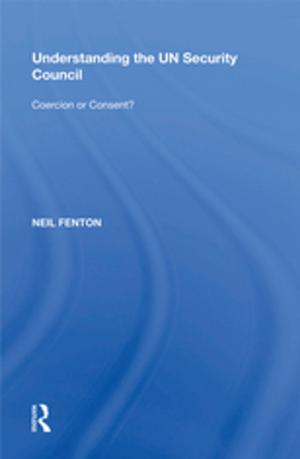Sharing Archaeology
Academe, Practice and the Public
Nonfiction, Art & Architecture, General Art, Collections, Catalogues, & Exhibitions, Social & Cultural Studies, Social Science, Archaeology| Author: | ISBN: | 9781317800958 | |
| Publisher: | Taylor and Francis | Publication: | August 13, 2014 |
| Imprint: | Routledge | Language: | English |
| Author: | |
| ISBN: | 9781317800958 |
| Publisher: | Taylor and Francis |
| Publication: | August 13, 2014 |
| Imprint: | Routledge |
| Language: | English |
As a discipline, Archaeology has developed rapidly over the last half-century. The increase in so-called ‘public archaeology,’ with its wide range of television programming, community projects, newspaper articles, and enhanced site-based interpretation has taken archaeology from a closed academic discipline of interest to a tiny minority to a topic of increasing interest to the general public. This book explores how archaeologists share information – with specialists from other disciplines working within archaeology, other archaeologists, and a range of non-specialist groups. It emphasises that to adequately address contemporary levels of interest in their subject, archaeologists must work alongside and trust experts with an array of different skills and specializations.
Drawing on case studies from eleven countries, Sharing Archaeology explores a wide range of issues raised as the result of archaeologists’ communication both within and outside the discipline. Examining best practice with wider implications and uses beyond the specified case studies, the chapters in this book raise questions as well as answers, provoking a critical evaluation of how best to interact with varied audiences and enhance sharing of archaeology.
As a discipline, Archaeology has developed rapidly over the last half-century. The increase in so-called ‘public archaeology,’ with its wide range of television programming, community projects, newspaper articles, and enhanced site-based interpretation has taken archaeology from a closed academic discipline of interest to a tiny minority to a topic of increasing interest to the general public. This book explores how archaeologists share information – with specialists from other disciplines working within archaeology, other archaeologists, and a range of non-specialist groups. It emphasises that to adequately address contemporary levels of interest in their subject, archaeologists must work alongside and trust experts with an array of different skills and specializations.
Drawing on case studies from eleven countries, Sharing Archaeology explores a wide range of issues raised as the result of archaeologists’ communication both within and outside the discipline. Examining best practice with wider implications and uses beyond the specified case studies, the chapters in this book raise questions as well as answers, provoking a critical evaluation of how best to interact with varied audiences and enhance sharing of archaeology.















